Bong “came of age just as South Korea was making the transition to the First World and as the internet brought the world to Seoul. His influences are broad and worldly, and his movies reveal a newfound sense of empowerment and independence as a South Korean. He made a South Korean film, set in South Korea, touching on South Korean issues — but informed by techniques and inspiration gleaned from influences around the world. I’m in awe of his vision — and his strength of mind in casting aside conformism to make a film that risked the disapproval of those who seek to portray South Korea in only a positive light."
Read MoreAustralian Outlook: The Wooing of Kim Jong Un: Love Letters and Lavish Banquets →
What a difference a week makes when it comes to diplomacy with North Korea.
Earlier this month, one year after the dramatic Singapore Summit of June 2018, nuclear negotiations with North Korea appeared stuck in a standstill. Pyongyang was giving friends and foes the cold shoulder as leader Kim Jong Un remained in retreat following his failed second summit with US President Donald Trump in Hanoi in late February.
Then, in the span of just a few heady days from 20 June to 22 June, Kim not only hosted Chinese President Xi Jinping in a state visit that granted the young North Korean leader tremendous legitimacy but also revealed the exchange of another set of “love letters” with Trump.
In a flash, we went from fears of provocation to the first movement on the moribund nuclear negotiations with North Korea in months. With Trump heading to Asia for the G20 summit and high-level meetings with Xi, Japan’s Shinzo Abe and South Korea’s Moon Jae-in, we’re likely to hear calls for a third Trump-Kim summit as regional leaders seek to build momentum for renewed talks with North Korea.
And despite the head-spinning speed of developments, none of this comes as a surprise. Here’s why.
Read MoreWorld Economic Forum Q&A: Can North Korea and the U.S. strike a nuclear deal? →
After two high-profile summits between President Donald Trump and Kim Jong Un, both sides still appear to be far apart on the issue of nuclear disarmament. Have the talks reached stalemate, and what is the significance of Chinese President Xi Jinping’s recent state visit to Pyongyang? Is there still hope of a successful agreement?
To examine these questions, the World Economic Forum spoke to Jean H. Lee, Director, Hyundai Motor-Korea Foundation Center for Korean History and Public Policy at the Woodrow Wilson Center.
Read MoreLooking back at history: PICTORIAL Korea’s commemorative issue from Kim Jong Il’s 2011 trip to Russia’s Far East. Kim Jong Un is replicating that trip in 2019. (Photo: Jean H. Lee)
Asia Dispatches: Post-Hanoi, North Korea’s Kim Jong Un Turns Diplomatic Attention to Moscow →
Next up on Kim Jong Un’s diplomatic checklist: Vladimir Putin.
The summit itself comes as no surprise. After all, Russia has long been a traditional, if largely absentee, ally of North; a Kim-Putin meeting was long overdue.
It’s the timing that is significant. Kim, in a visit heavy on symbolic ties of friendship, will be seeking to shore up Russian support in the face of tough nuclear negotiations with the United States. Kim has acknowledged to his people that relations with the United States remain tenuous, and will be looking to reassure his people that their traditional relationships remain intact.
Read MoreAsia Dispatches: We Need a Roadmap: Second Trump-Kim Summit Needs to Be More Than Just Another Photo Op →
Both men have unfinished tasks. Kim needs to establish some sort of reconciliation with the United States so that his country can move on from the Korean War and focus on building North Korea’s emaciated economy. Trump needs stronger commitments on denuclearization in order to back his claim that North Korea no longer remains a nuclear threat.
But there is a risk to rushing headlong into this second summit, as they did the first, without adequate preparation.
Read MoreWilson Center: 'Face-Saving,' Promises, and Propaganda: Jean H. Lee on the Inter-Korean Summit →
This week’s summit in North Korea between Kim Jong Un and South Korea’s Moon Jae-in was packed with milestones and camera-ready moments, as the two leaders made another show of Korean unity in their third meeting this year.
Read MoreWilson Center: A Historic Handshake
There’s no denying it: This was a historic handshake. It’s the first time the leaders of North Korea and the United States — two countries that remain locked in a state of war — have held a summit.
To see President Trump and Kim Jong Un shaking hands warmly and chatting so easily was both stunning and chilling. It’s a powerful moment that augers a change in the tense relationship between these two countries. But it also legitimizes the path Kim took to get here: Building and testing illicit nuclear weapons that have the potential to wreak unimaginable destruction.
Read MoreWilson Center: ‘Kim Jong Un, International Statesman’
Simply by landing in Singapore in a 747, Kim Jong Un is doing something his late father, Kim Jong Il, never did: fly to a foreign country. And now we are seeing him interact with foreign leaders in real time, away from the bubble and protection of North Korea’s tightly controlled state media. It’s a remarkable moment for a country long called the Hermit Kingdom, and part of a carefully crafted strategy designed to make sure he continues to capture and captivate international media attention.
Read MoreNPR: 2 Generations, 2 Different Perspectives On Korean Reunification →
Fleeing war in North Korea in 1951, my aunt and her siblings scrambled aboard an American cargo ship pulling away from port, her parents and grandmother shouting their names to keep track of them in the chaos of the evacuation. They made it. But their grandfather stayed behind in Wonsan to protect the family property.
He thought his family would return. They never saw him, or the rest of their family in North Korea, again.
As the leaders of North Korea, South Korea and the United States discuss denuclearization and a possible peace treaty to formally end the Korean War of the 1950s, I wanted to check in with my aunt, a child of the war who was born in North Korea, and her millennial daughter Euni Cho, who grew up in democratic, thriving South Korea.
Read MoreBBC Radio 4: A Korean Thaw? →
From bombs to Olympic banners: Can winter sports diplomacy stop a war in the Korean peninsula? North Korea's leader Kim Jong Un took the world by surprise with his announcement that his nation and South Koreawould unite under a single banner at the Winter Olympics. Was it a diplomatic masterstroke or a cynical stunt? Journalist Jean Lee pieces together what really led to this public relations coup.
Read More
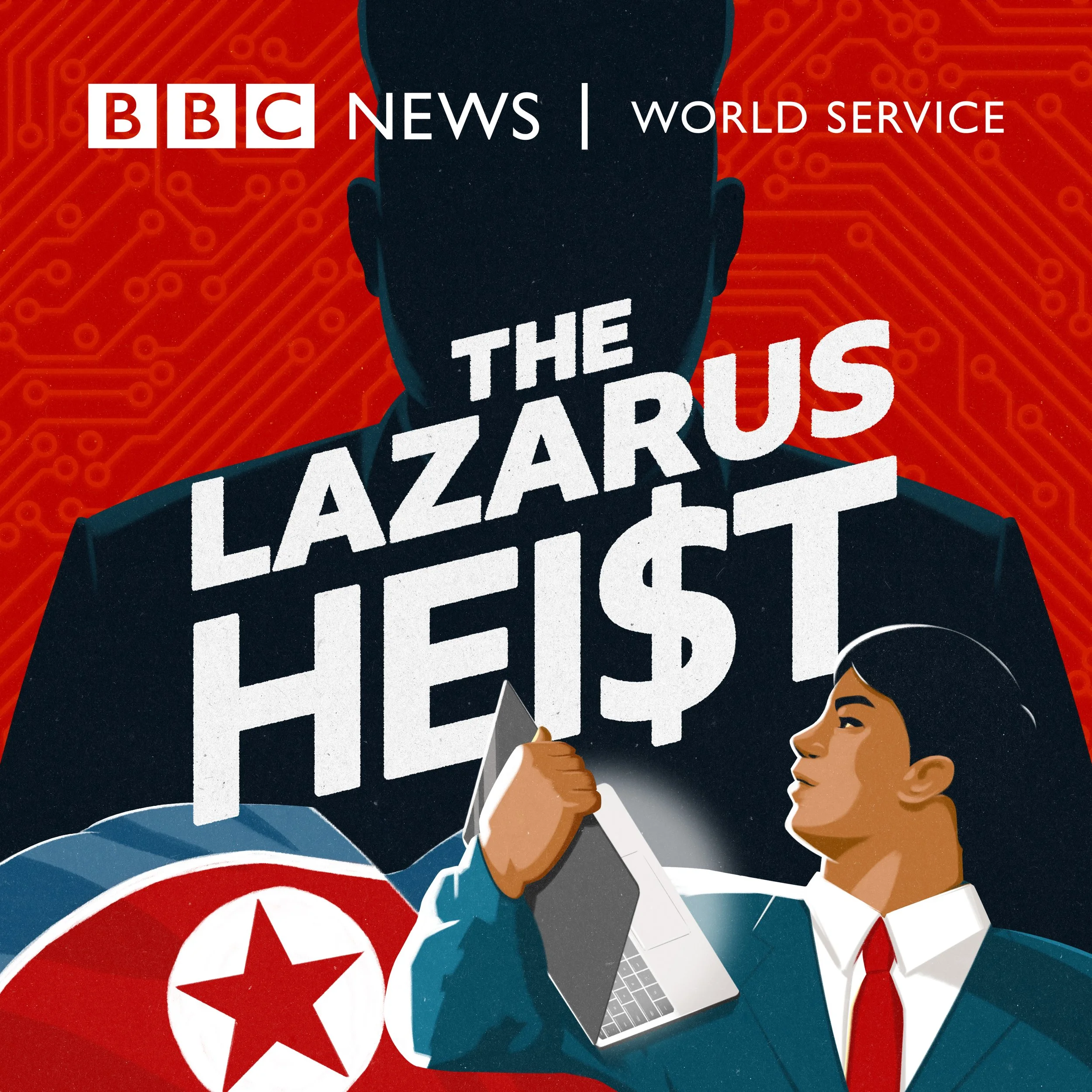

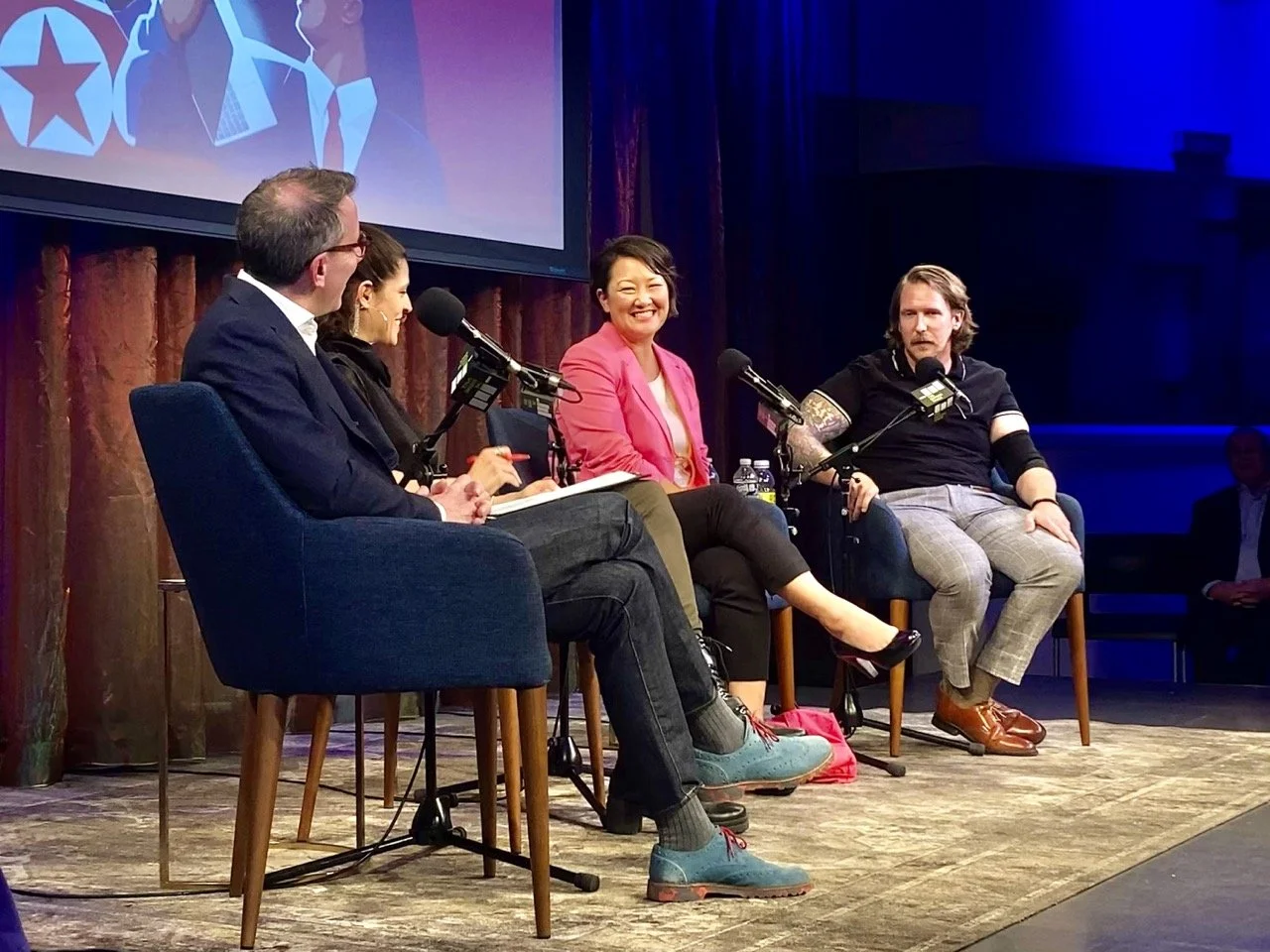
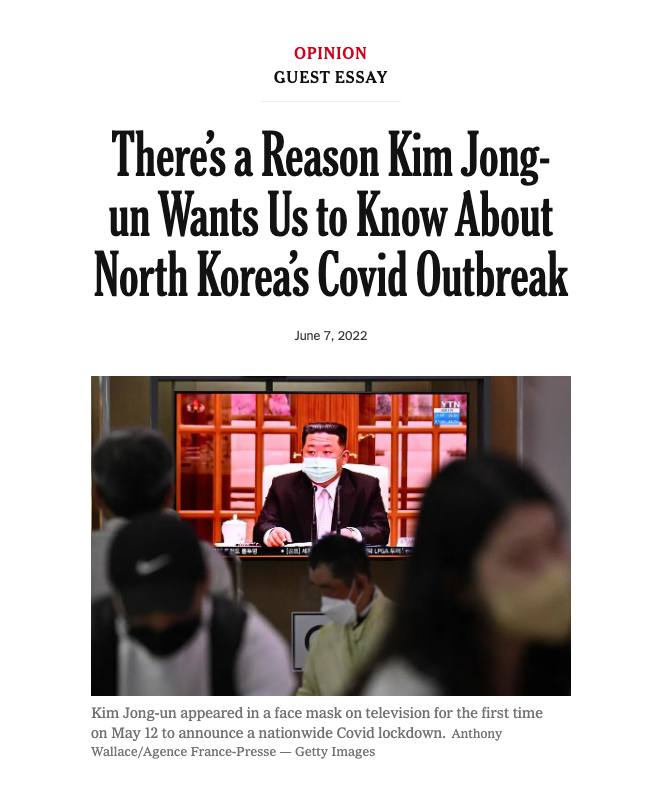

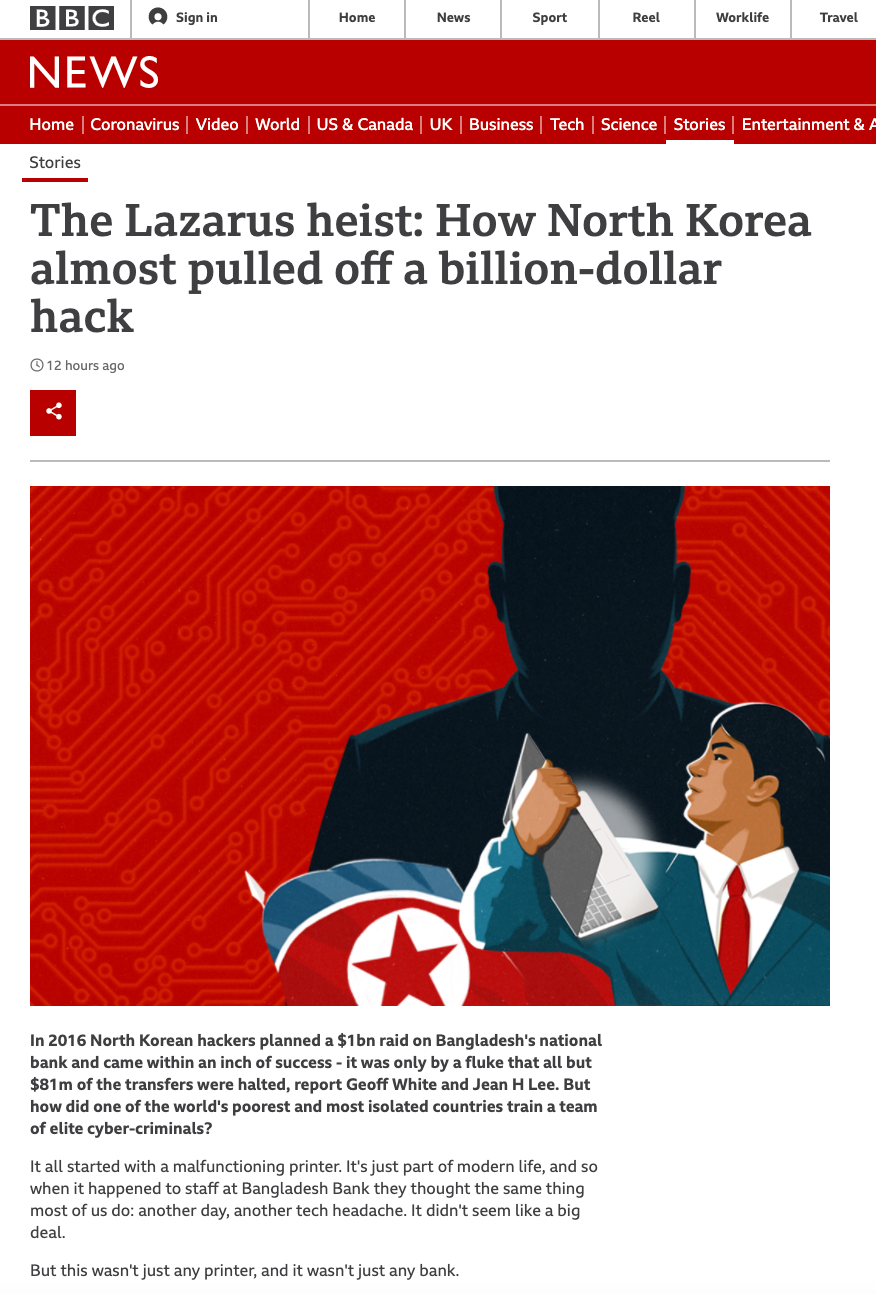
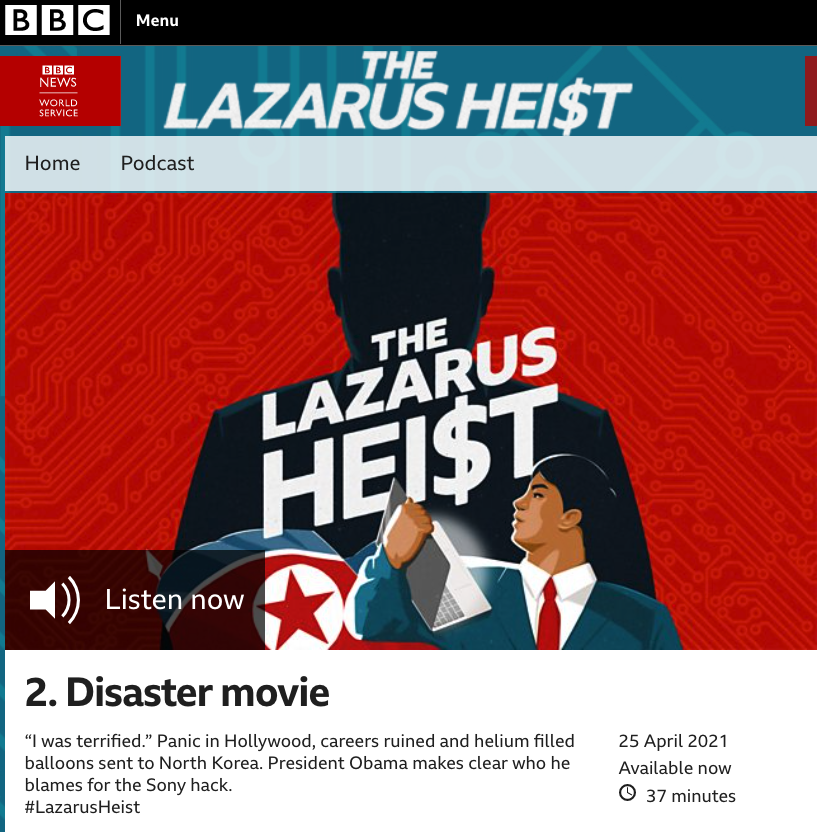












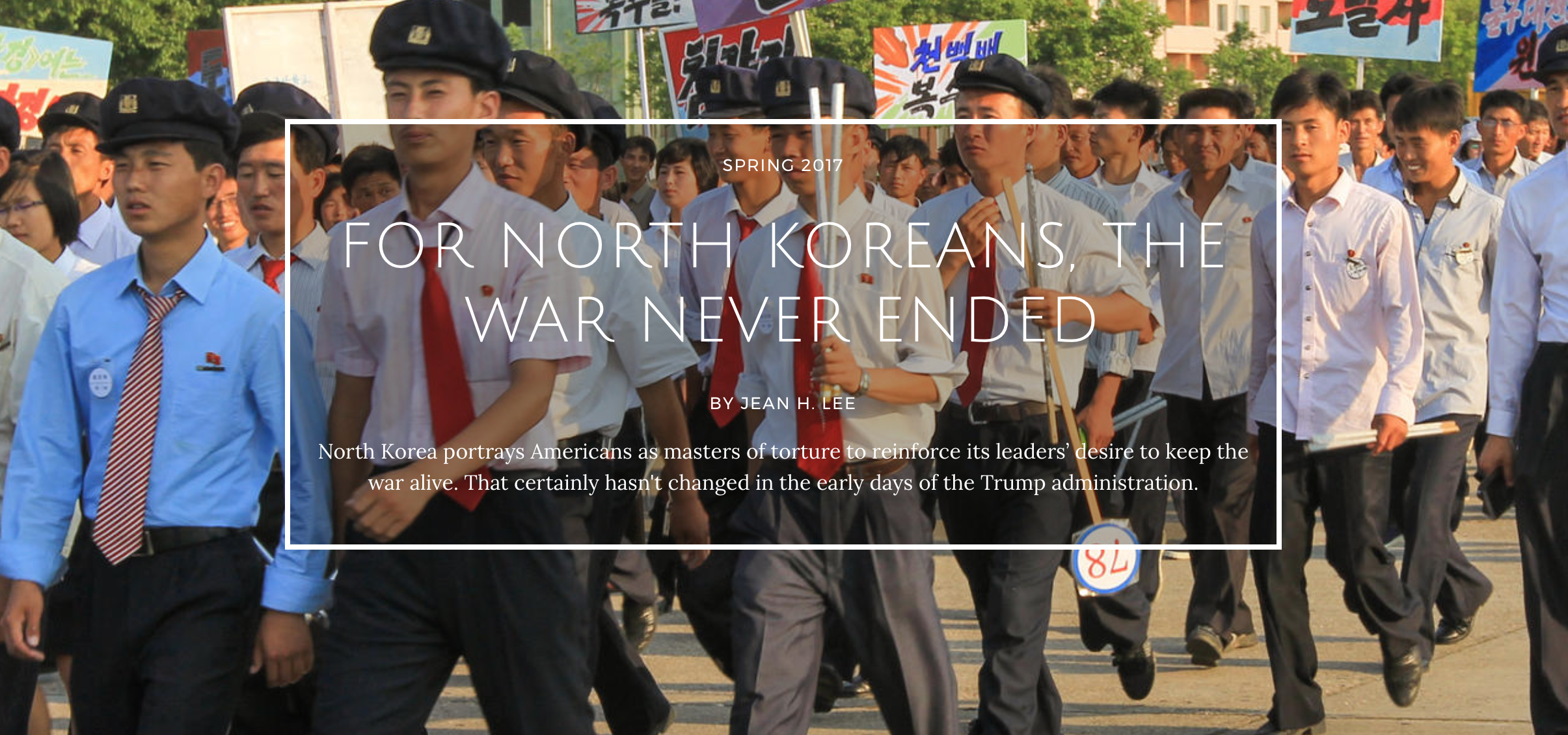


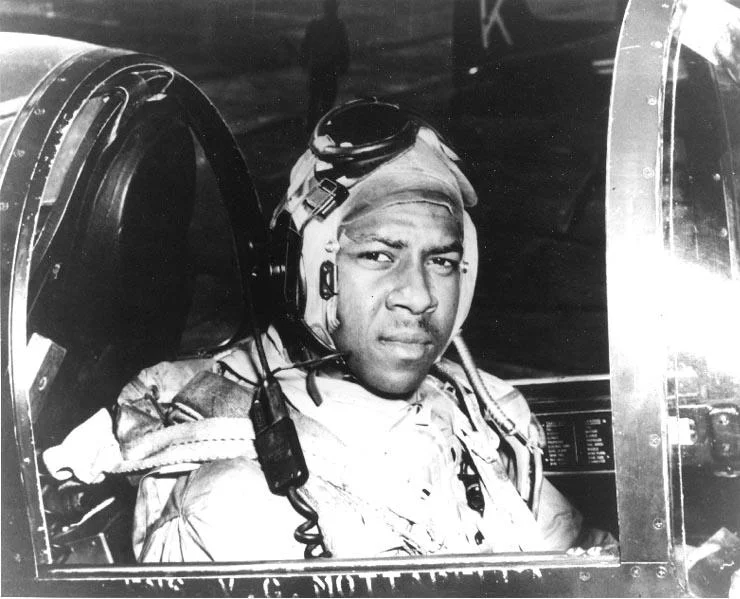
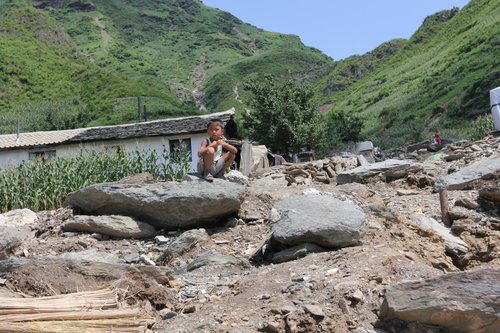




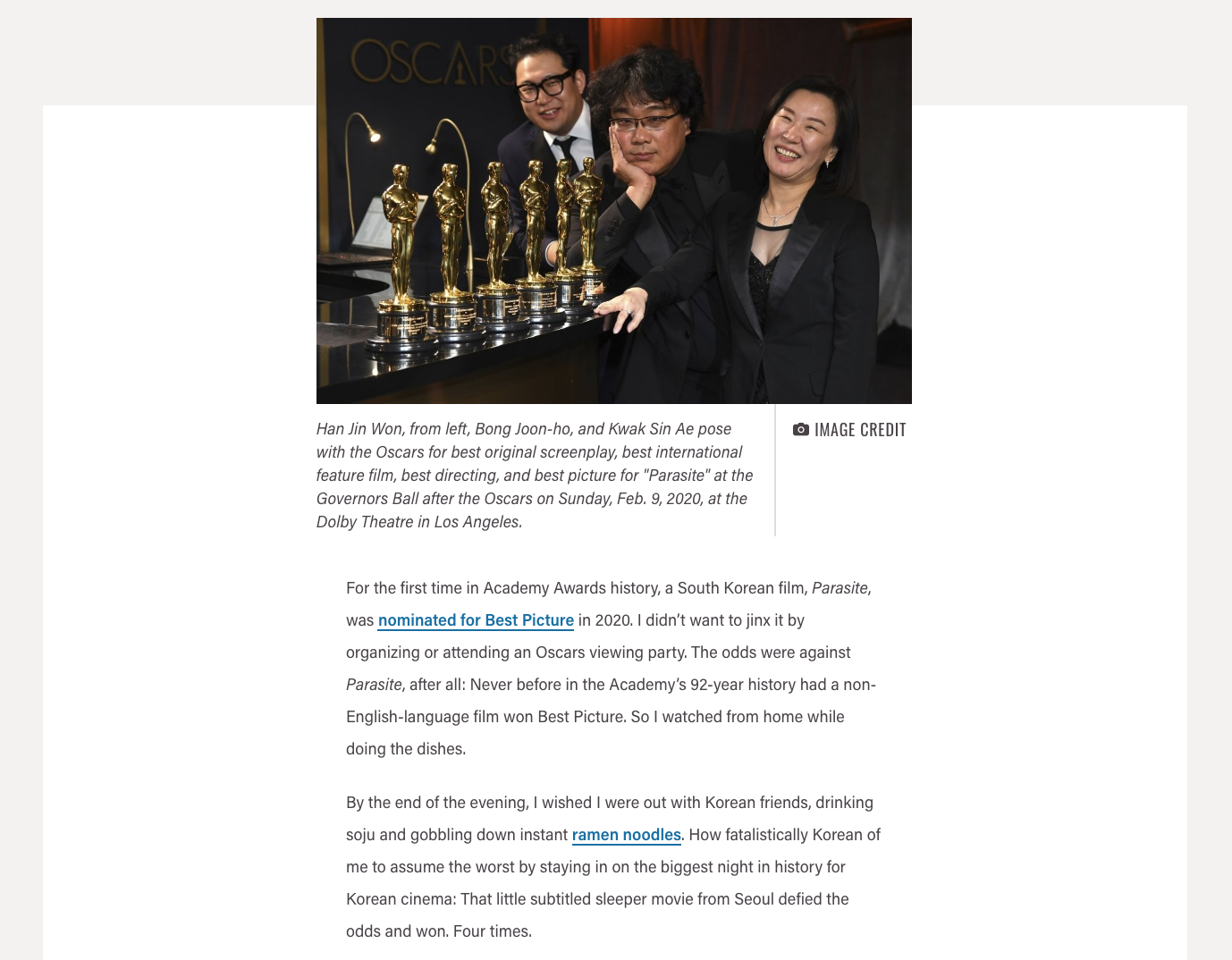







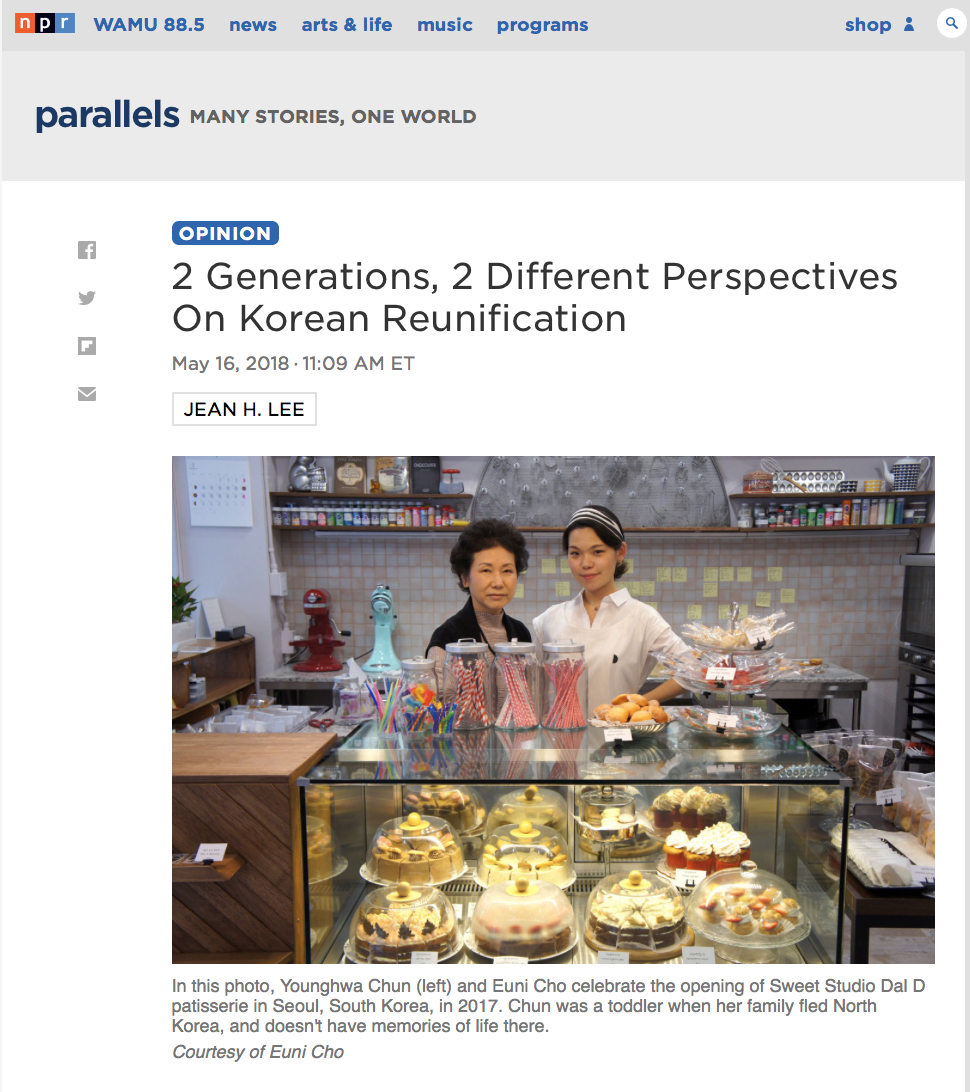
Download all episodes of The Lazarus Heist, watch Lazarus Heist animations, read our feature story about the hackers and view visualizations of the podcast episodes on Lazarus Heist homepage on the BBC World Service website!